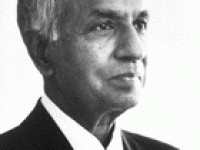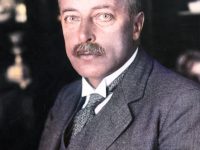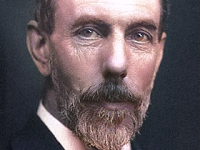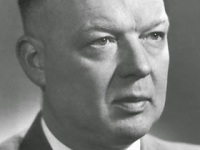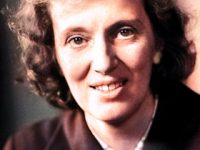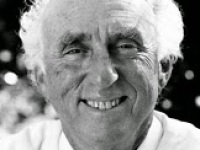Adolf von Baeyer and the Synthesis of Indigo
On October 31, 1835, German chemist and Nobel Laureate Johann Friedrich Wilhelm Adolf von Baeyer was born. He was the first who succeeded with the synthesis of indigo (1880) and formulated its structure (1883), for which he was awarded the Nobel Prize for Chemistry in 1905. Adolf von Baeyer – Academic Career Adolf Baeyer was a son of the officer and geodesist Johann Jacob Baeyer and Eugenie Hitzig, daughter of the publisher and…
Read more


